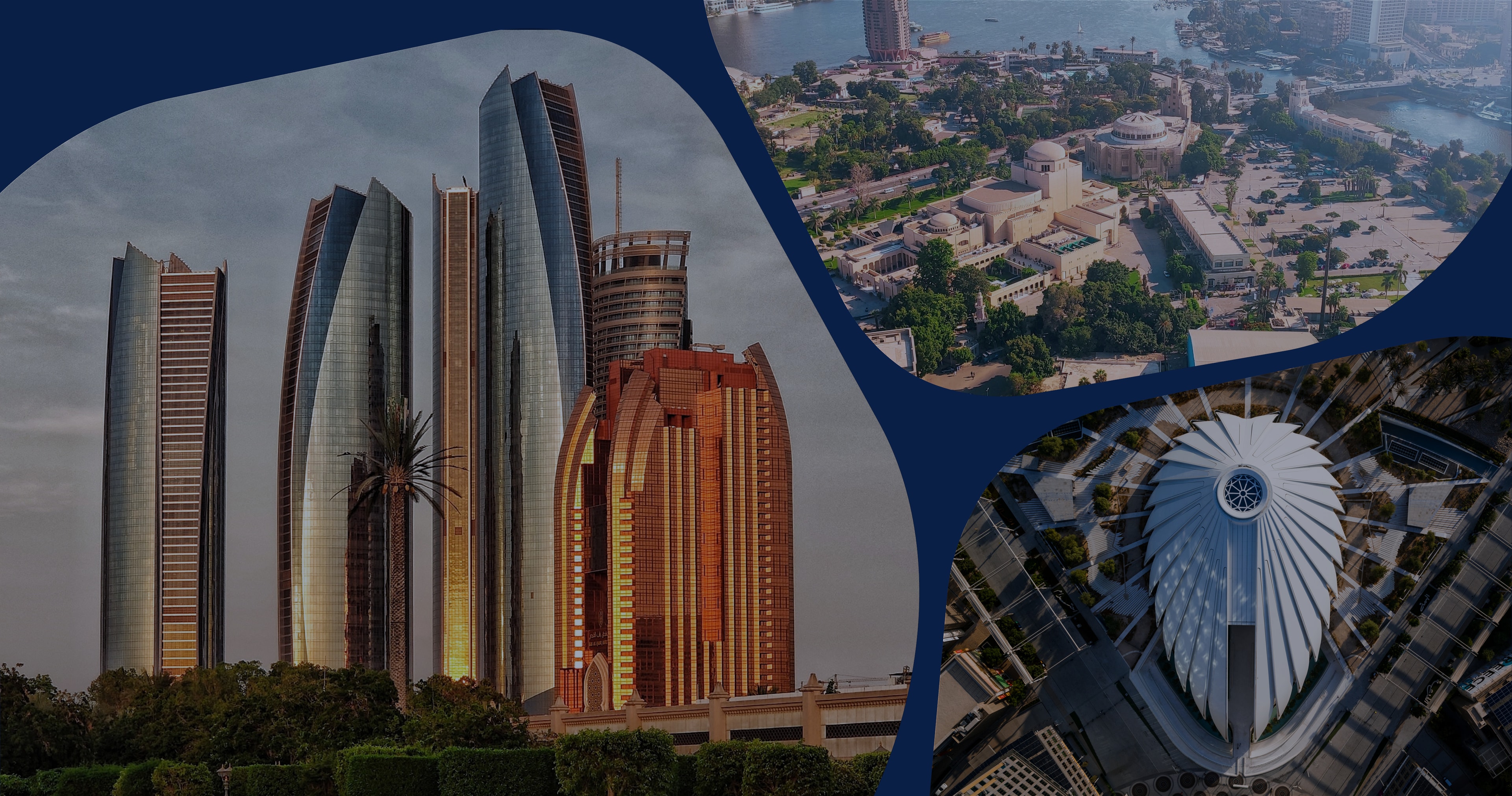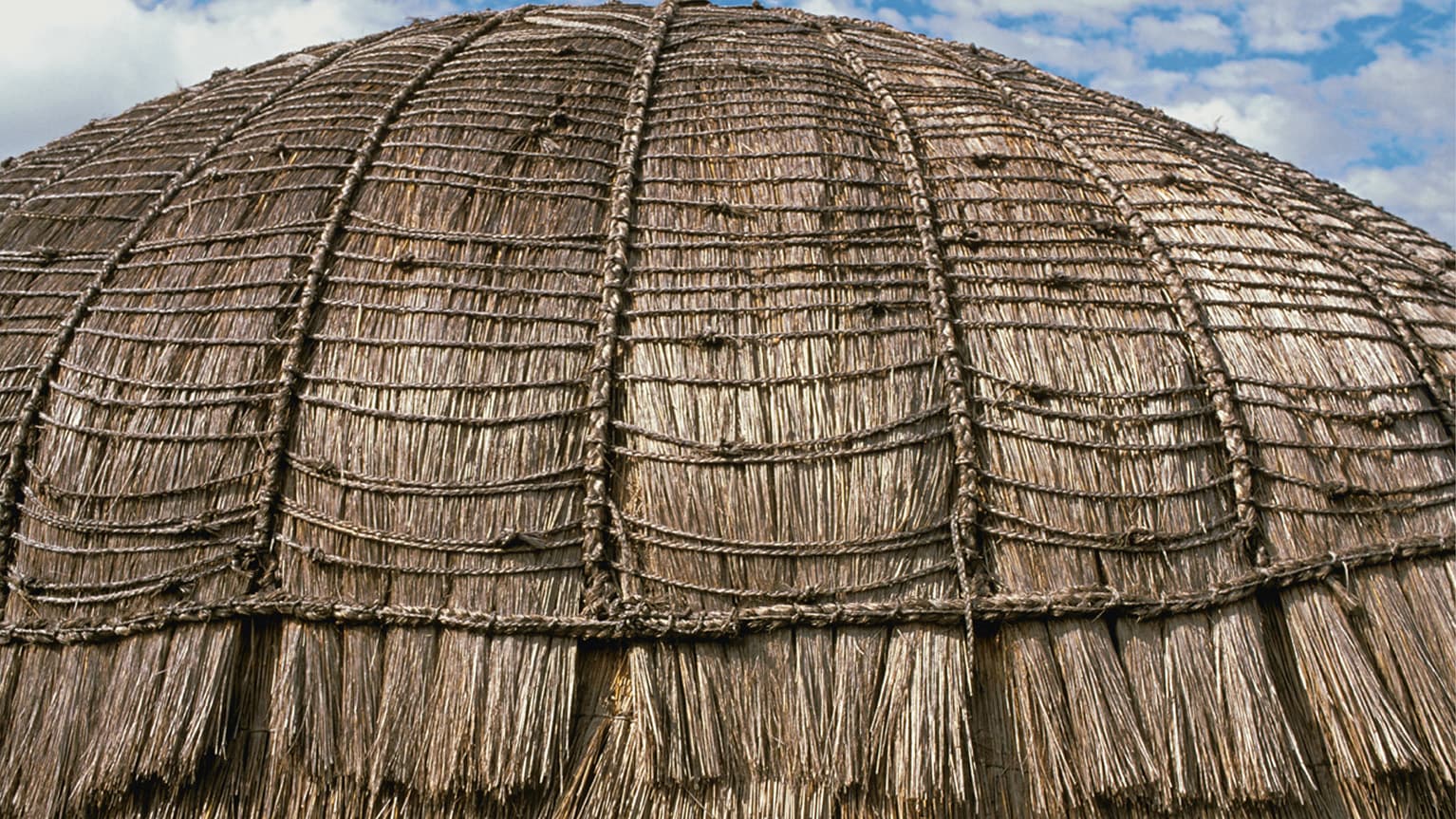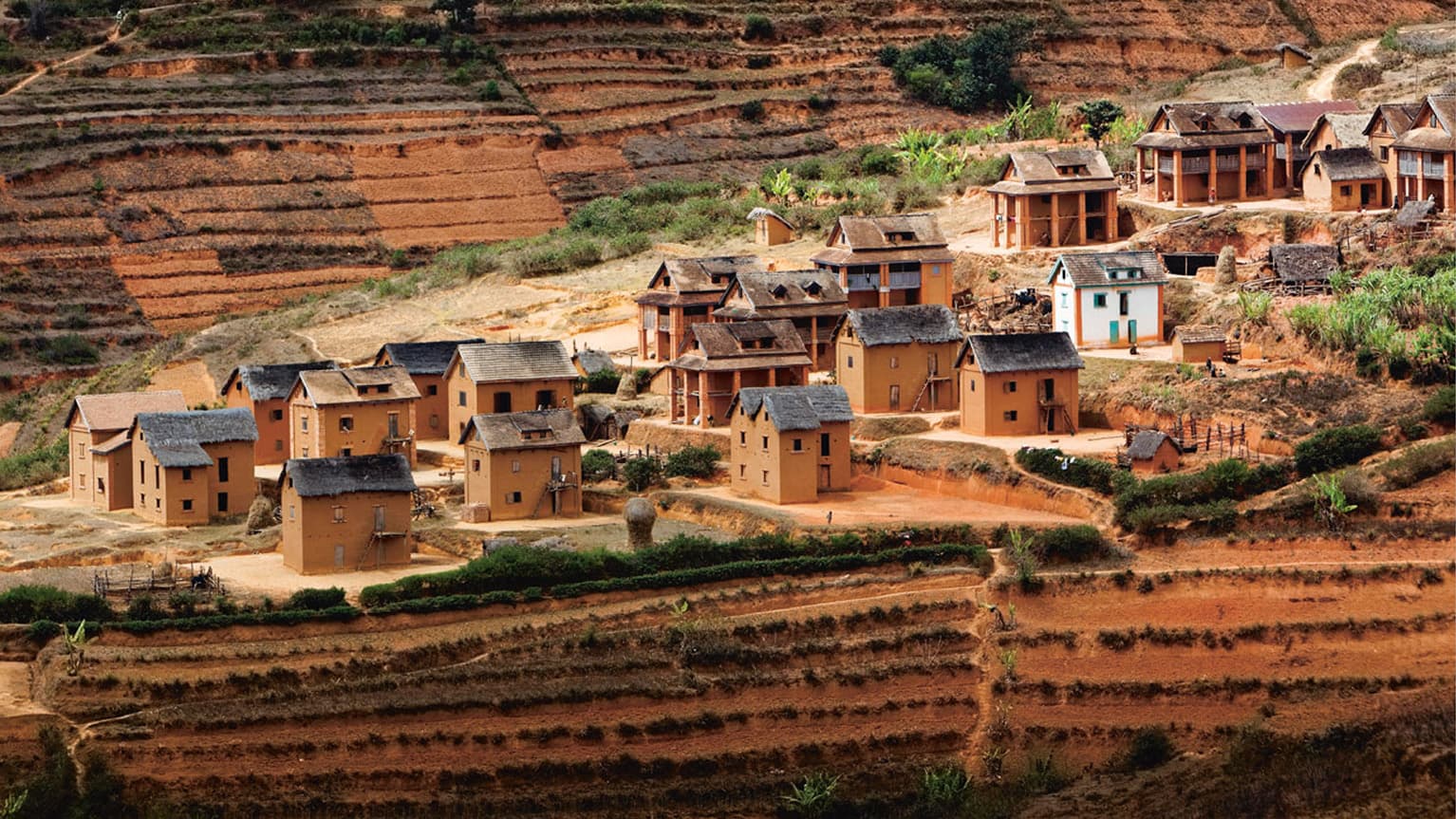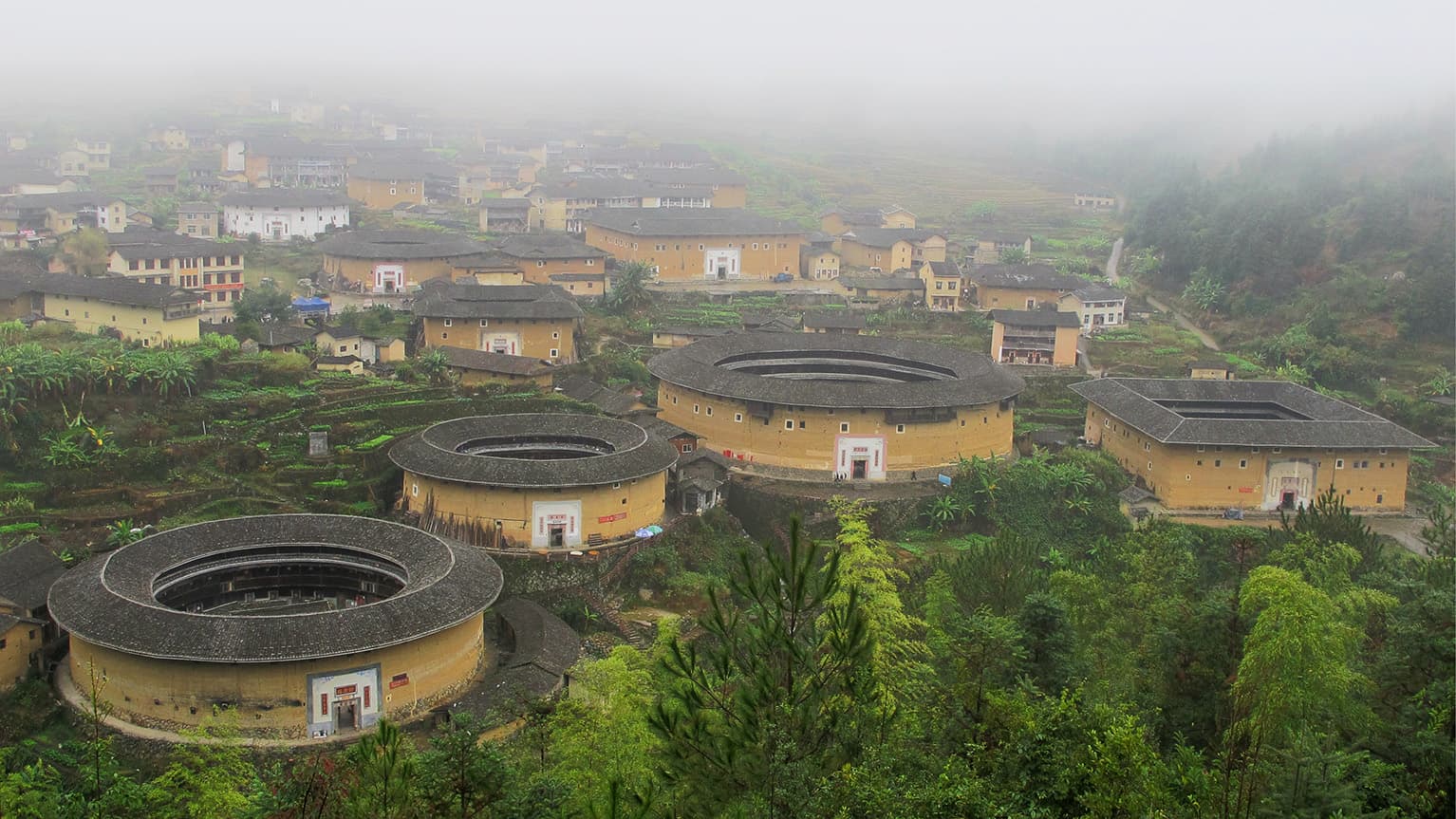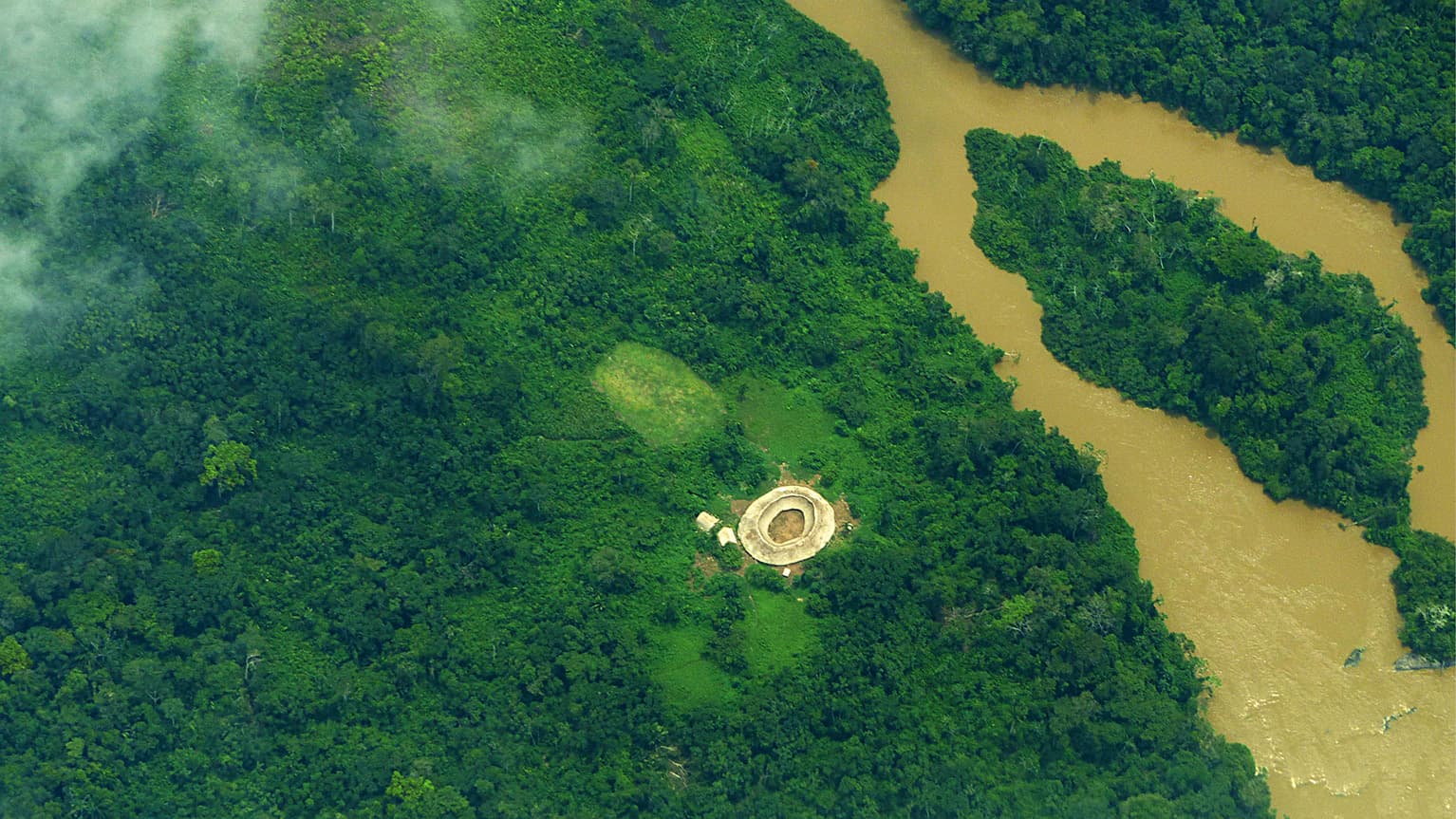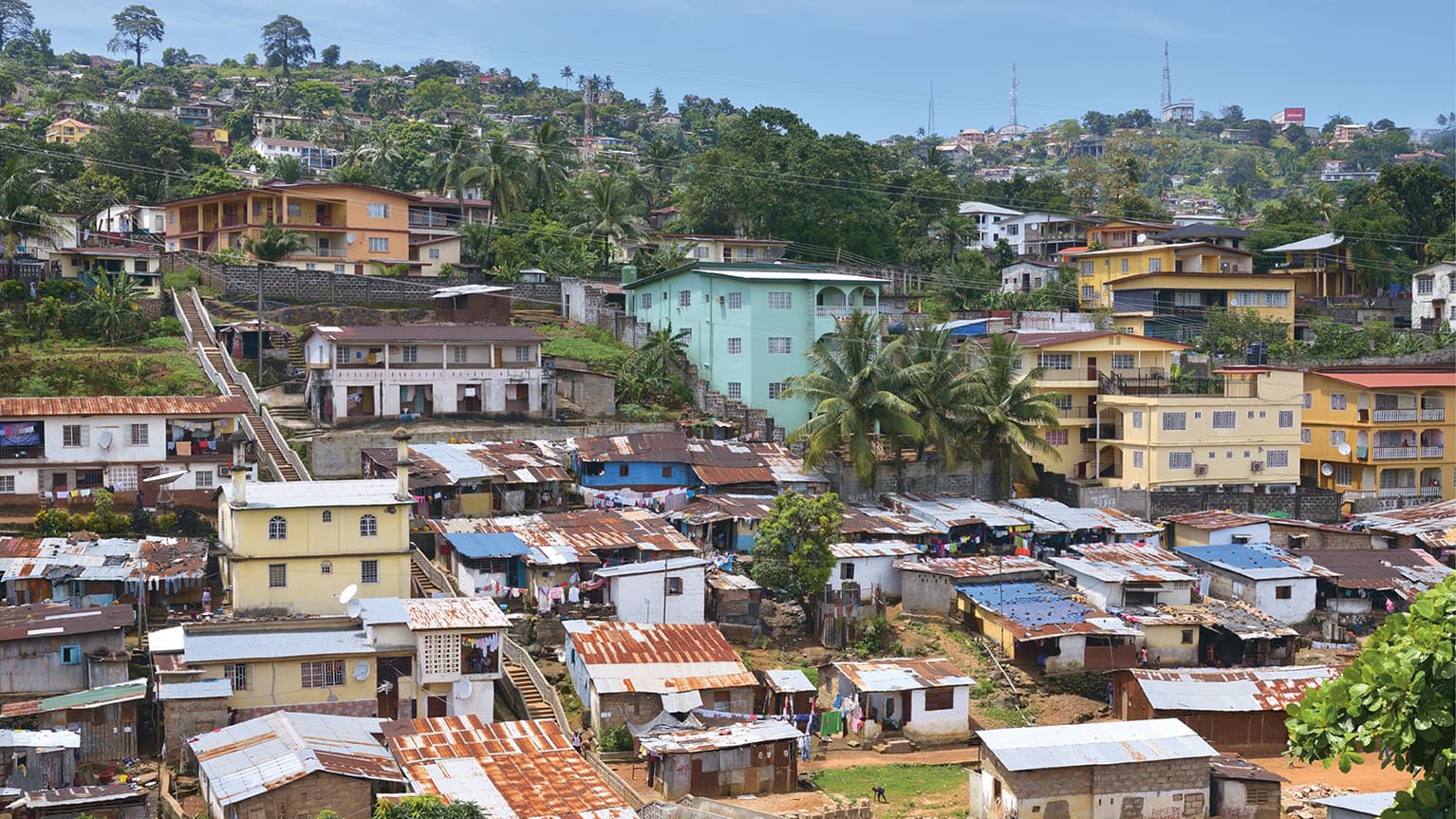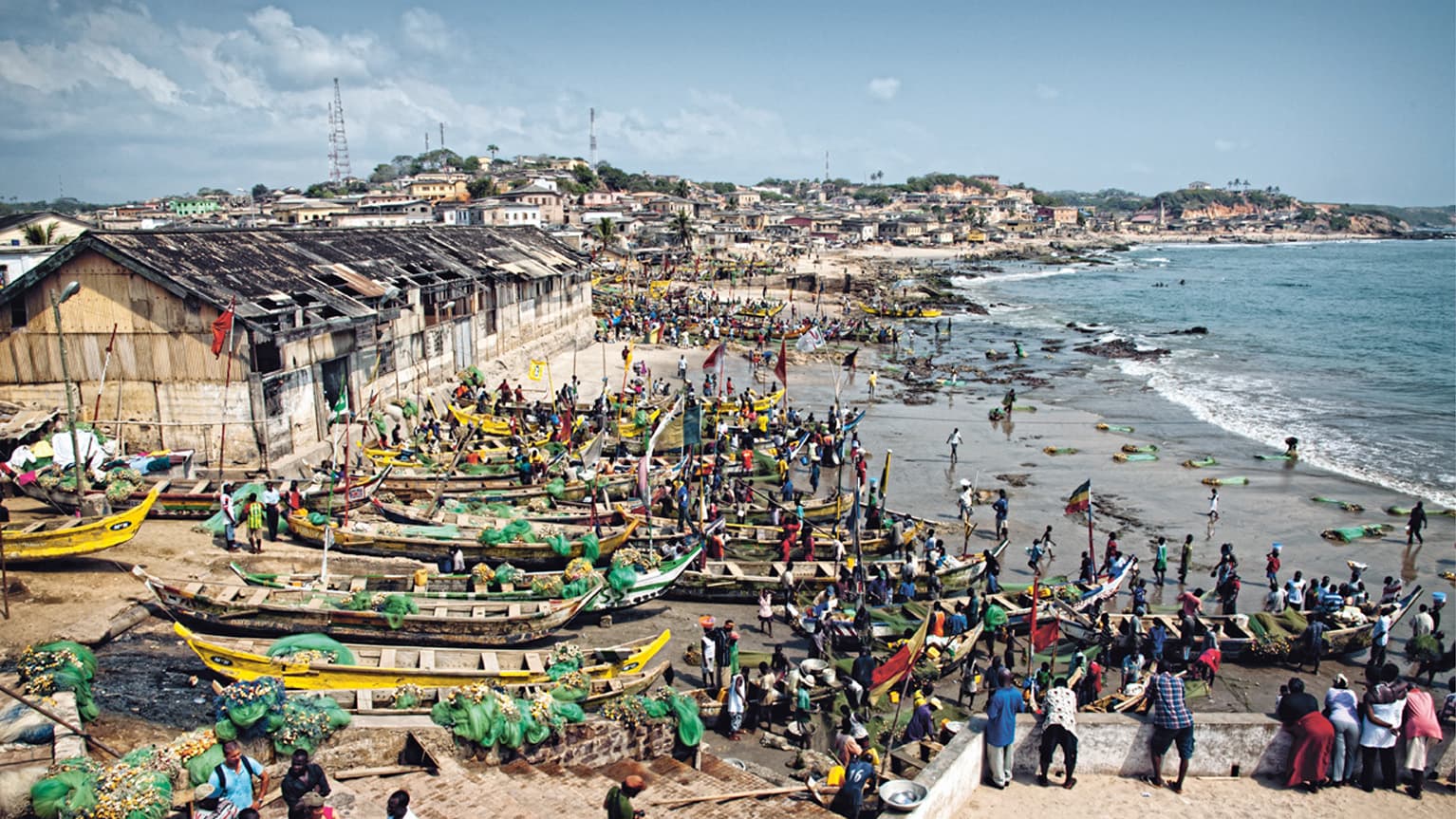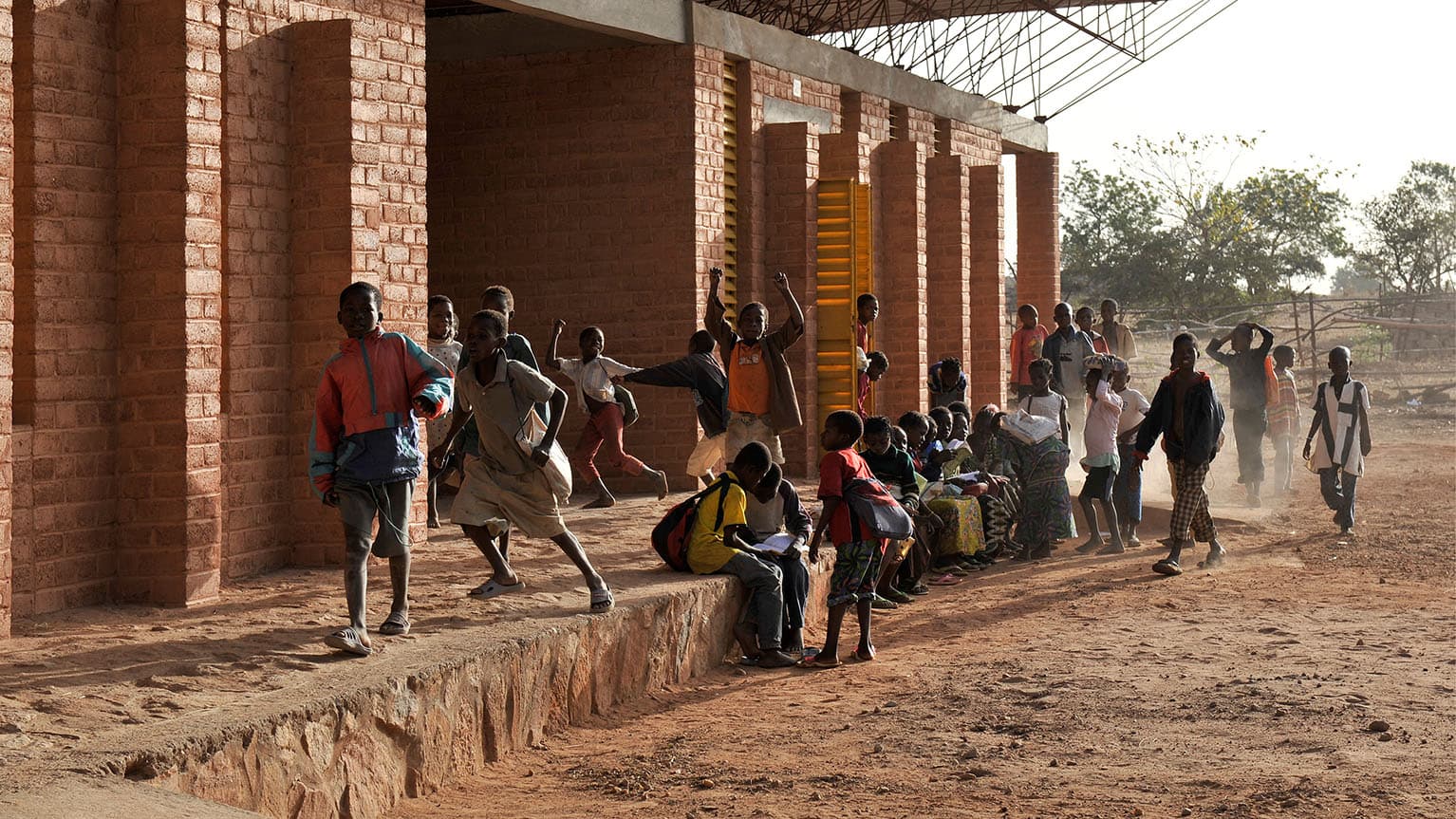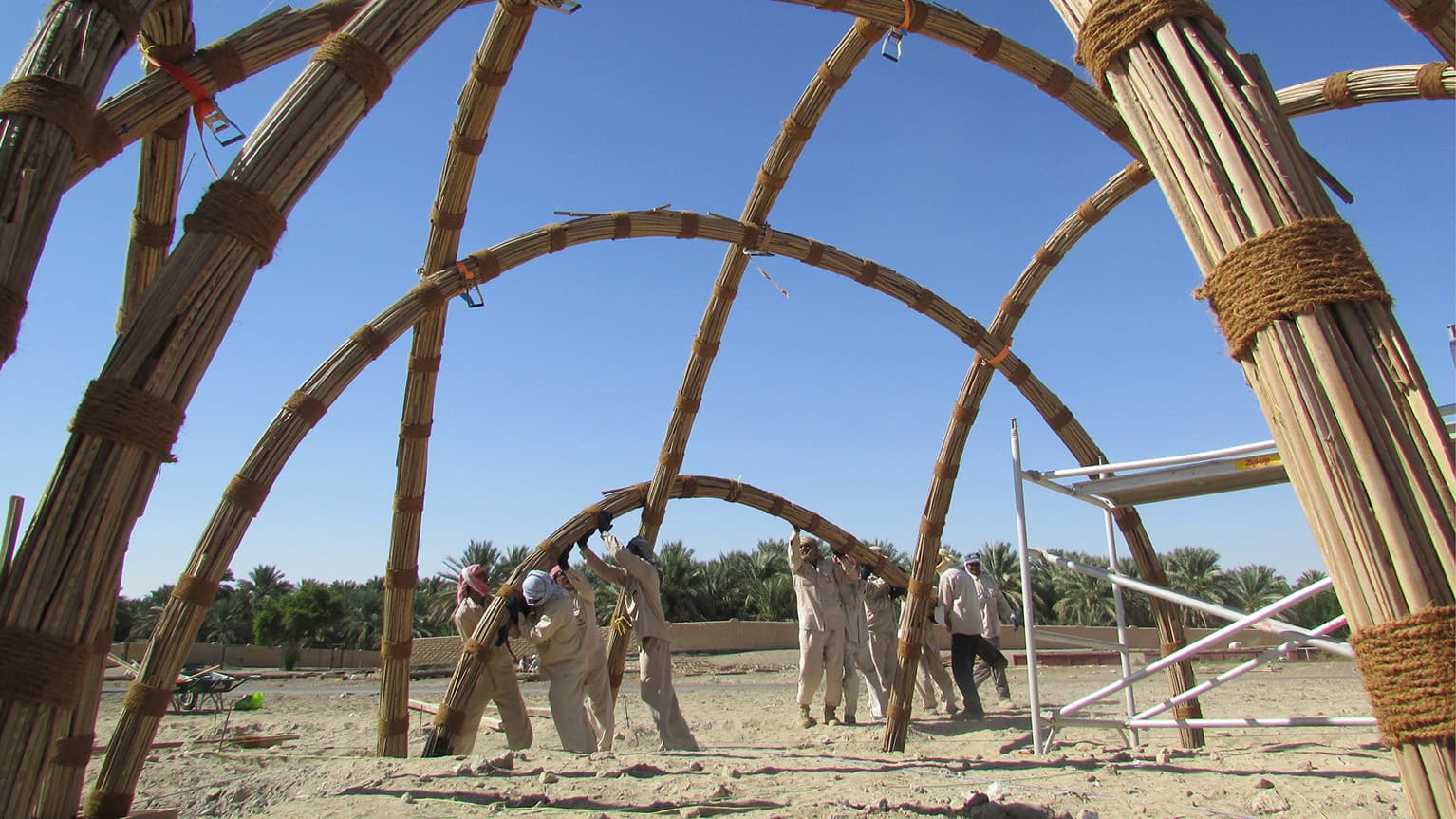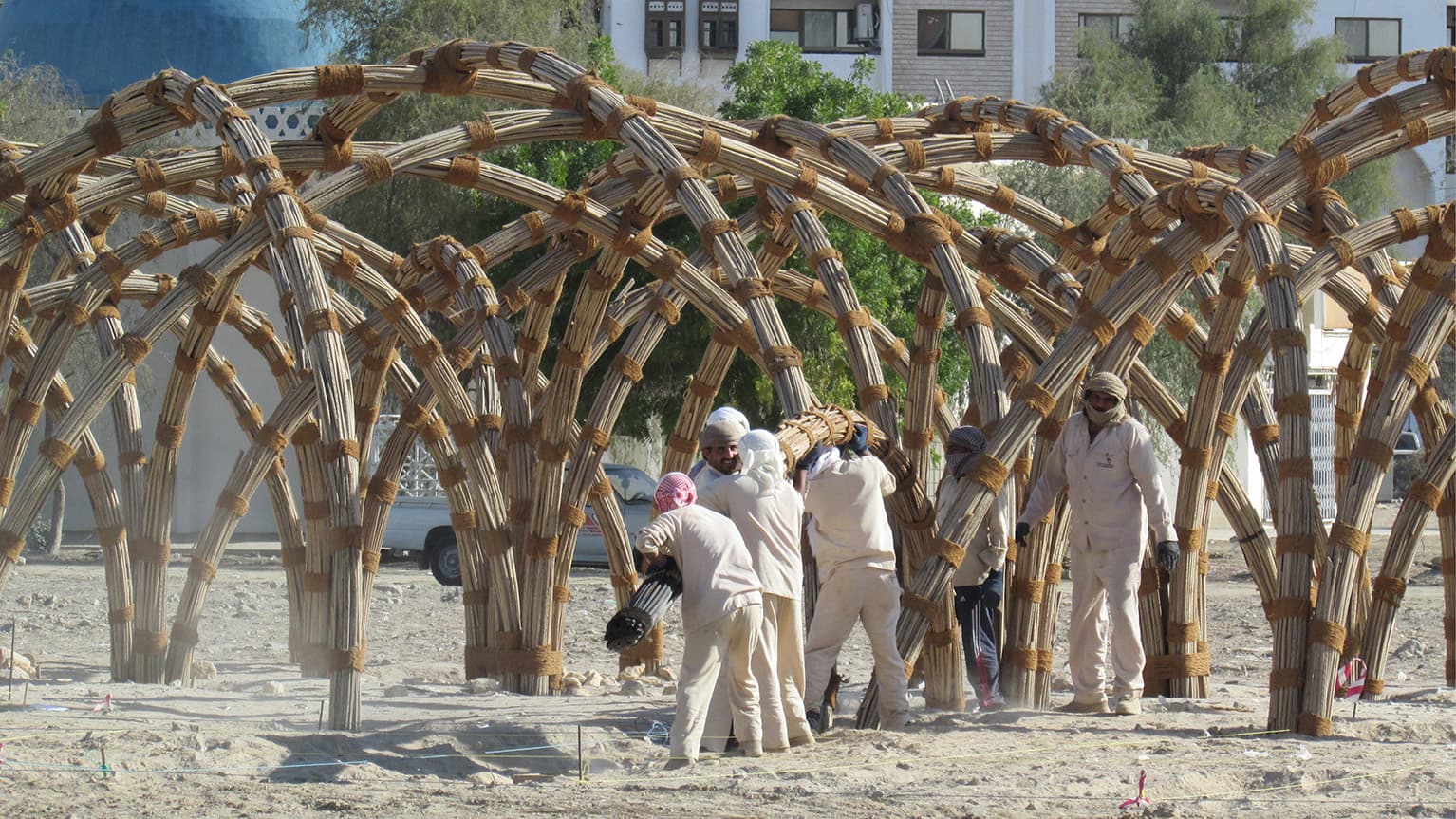BUILDING IN HARMONY WITH OUR PLANET
A new book, featured as part of the Connecting Minds Book Club, celebrates humanity’s ability to create buildings that for millennia have responded ingeniously to environmental and cultural conditions
Cities are responsible for more than 70 per cent of global greenhouse gas emissions, with our built environment a key contributor, according to the UN Environment Programme.
How, then, do we design and build our spaces of shelter in ways that heal, rather than harm, our planet?
This urgent question is explored in-depth by award-winning architect, author, scientist and UNFCCC advisor Dr Sandra Piesik in her book Habitat: Vernacular Architecture for a Changing Climate.
First published in 2017, the book was relaunched in May 2023 at the UN Headquarters during the Forum on Science, Technology and Innovation for the SDGs 2023, accompanied by policy recommendations based on the book’s findings.
The culmination of years of specialist research, the book brings together an international team of more than 100 experts across a diverse range of disciplines to examine what the traditions of vernacular architecture and its regional craftspeople around the world can teach us about creating a more sustainable future.
“Climate change is the biggest challenge facing our planet,” says Dr Piesik. “There has never been a more important time to understand how to make the best use of local natural resources and to produce buildings that connect to ecosystems and livelihoods and do not rely on stripping the environment or transporting materials across the globe.”
Habitat: Vernacular Architecture for a Changing Climate features over 1,000 illustrations and is organised by the five major climate zones: polar, temperate, tropical, desert and continental. Covering more than 80 countries worldwide, the book reveals how people and cultures have adapted to their environment to make the best use of indigenous materials and construction techniques. A major theme is the importance of preserving disappearing craftsmanship and local knowledge before it is too late.
Dr Piesik will be discussing the book’s findings on 13 September at Expo City Dubai’s next Connecting Minds Book Club event in a session moderated by celebrated urbanist Rashid bin Shabib.
About Connecting Minds Book Club
Delivered in collaboration with Emirates Literature Foundation, the Connecting Minds Book Club is a community of book lovers committed to harnessing the power of stories to catalyse awareness and action for our changing climate. Interested in becoming a Connected Minds Book Club member? Sign up here to enjoy:
Early-bird access to event details and ticket purchases*
Ticket discounts*
Exclusive experiences, such as meet-the-author competitions, networking sessions and signed copies of featured books
*Benefits inclusive of the Book Club and other Expo City Dubai events: T&Cs per event apply For more on Expo City Dubai events, click here
Village houses set in the landscape of Madagascar’s central highlands. Photo: © Bernd Bieder/imageBROKER/Superstock
We'd love to connect with you
For general enquiries, please fill out the contact form or send an email to impact@expodubaigroup.ae
